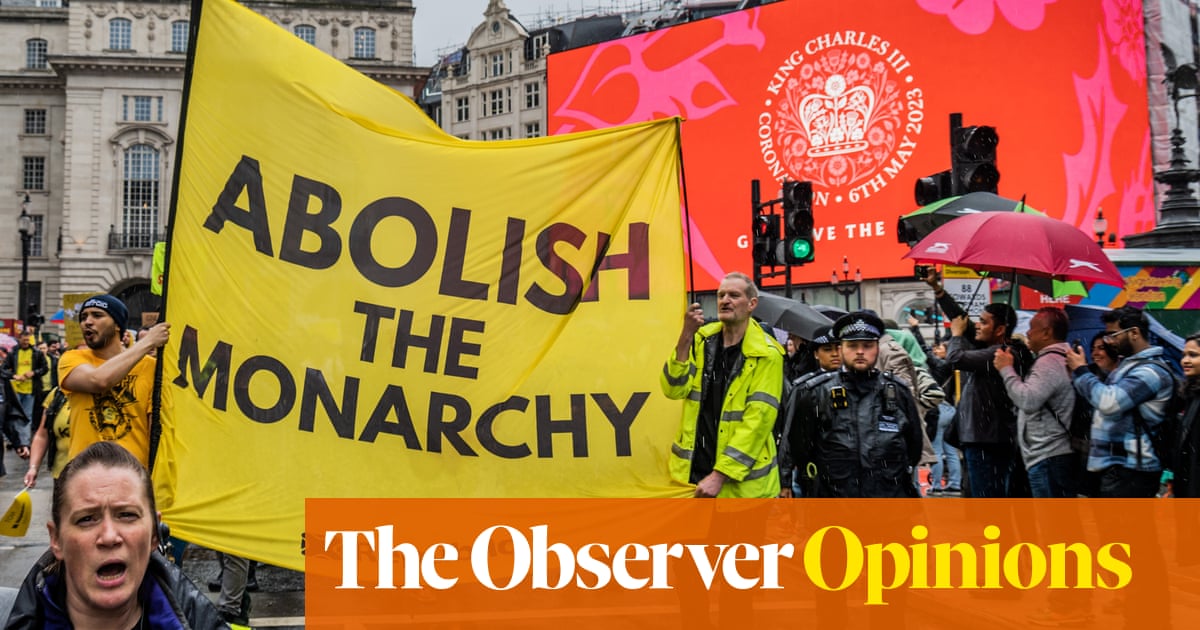
A senior politician plunges Icarus-like out of the sky – a reminder that few careers carry such high risk. Why would anyone do it?
On the first rung of that political ladder, Labour candidate Kim Leadbeater faces the electors of Batley and Spen on Thursday. No one knows the hazards better than she does, standing for the West Yorkshire seat where her sister Jo Cox was brutally murdered. This campaign has turned unexpectedly vicious and abusive. And on top of that we’ve seen the explosive entry of George Galloway, now leading his renamed Workers Party of Britain, divisively targeting the “Muslim” vote.
Keir Starmer is Galloway’s only target as he aims to shipwreck this byelection to recapture Labour for “the left”, or whatever his bizarre conservative religio-sectarian politics could be called. “I am eating Labour alive,” he boasts to RT, the Russian TV channel. Outsider s shout at Leadbeater, bellowing aggressive questions while accusing her of “LGBT indoctrination in schools”.
The West Yorkshire mayor, Tracy Brabin, who has just stood down as the constituency’s MP, reports Labour campaigners “being egged, pushed and forced to the ground and kicked in the head”. Yet I find Leadbeater no victim. Out campaigning, she tells me: “I’m very resilient, but I’m upset for the people here. What happens when this circus leaves town, these outsiders with their own agendas and egos moving on? We have to live here together afterwards.”
The bitter irony is that while culture wars rain down on her from left and right, Leadbeater has spent the past five years working with the Jo Cox Foundation for “a more civilised public discourse”. Anyone watching this who has ever considered standing for elected office might have second and third thoughts.
In these final few days of the campaign, Leadbeater is hearing plenty of disgust at former health secretary Matt Hancock’s hypocrisy, making rules for others, ignoring them himself. Of course, Hancock should have gone over his crony contracts and the care home deaths, one among a cabinet serially disgraced, led by a disgraceful prime minister. The adviser on ministerial standards resigned, not they.
But even so, beware glee. At each ratcheting down of respect for politicians, democracy itself takes a hit. It’s a dangerous state of mind to worship democracy, yet despise its practitioners, ranking them down among estate agents, debt collectors and journalists. Despite the current exceptionally inadequate and unsavoury cabinet, despite Boris Johnson’s purging of the decent Tories, I respect most of those who go into politics. In my experience most are of good intent, even those I strongly disagree with.
Most would have easier lives and earn more in other occupations. Most will stay backbenchers, the few who reach ministerial rank lasting very few years. Good backbenchers pursuing specialist issues can make worthwhile reforms, without much glory. Politics has got far tougher. Long gone are the days of occasional stately visits to their constituencies: Duncan Sandys, MP up to 1974, boasted he only appeared once a year in his Streatham patch, where I lived. Jack Straw says even Barbara Castle of blessed memory rarely visited Blackburn.
MPs were national lawmakers back then, not local councillors. Now every week in their surgeries as they cope with constituents’ problems, voters are often aggressive, demanding and unreasonable. Yet MPs also get blamed for leaving the green benches empty in debates, resulting in slapdash lawmaking such as Chris Grayling’s disastrous privatisation of probation, renationalised this week.
Invasive scrutiny of every aspect of their lives, families neglected, children bullied for their parent’s occupation – is the initial thrill of winning office worth it? We commentators should also remember this, sitting in our comfortable crow’s nests firing down criticism as ministers come and go.
And is disrespect for politicians getting worse? Prof Bobby Duffy of the Policy Institute at King’s College London, and formerly of Ipsos Mori, says they have always been disrespected. Even on the eve of D-day in 1944, only a third of voters thought politicians were motivated by doing their best for the country, according to a Gallup poll. That question repeated in 2014, five years after the MPs’ expenses scandal, found only 10% thought them unselfishly motivated. But don’t panic, Duffy says, as they were never liked. He’s right: graffiti in ancient Greece and Rome rudely denounced democracy’s earliest practitioners. The necessary process of soliciting for votes and appeasing electors invites contempt.
Tough, articulate, intelligent with the deepest local roots and a strong sense of what she wants for constituency and country, Leadbeater is well able to stand up to all the bullying. But where is that “civilised public discourse” she’s spent the years since Cox’s murder campaigning for?
Still, don’t lose hope. Though Keir Starmer is under attack for a lack of ferocity in the culture wars, the public may end up preferring a measure of civility in the Commons to bullying bluster. King’s College research shows that more than half the electorate are more attuned to nuance and moderation. They say people get the politicians they deserve. Labour winning in Batley and Spen would be a vote for better politics.
Polly Toynbee is a Guardian columnist












